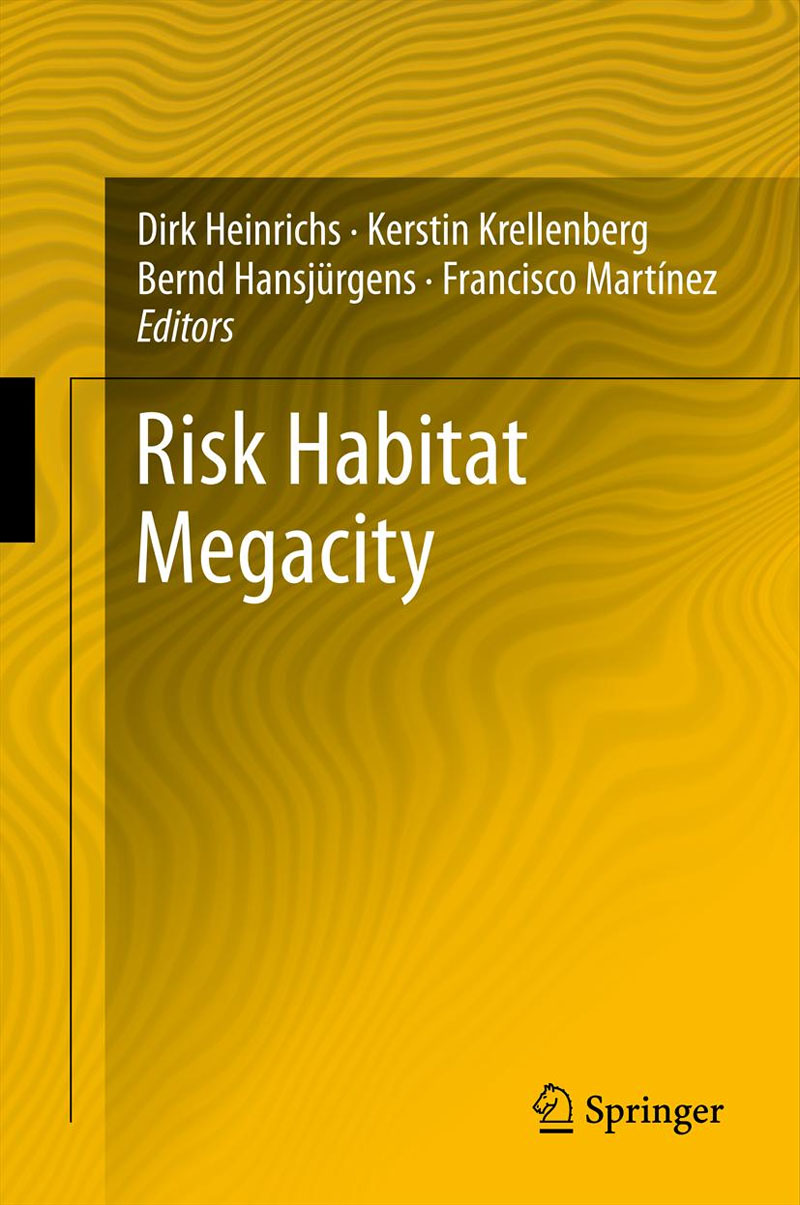Welcome to the Risk Habitat Megacity home page!
Strategies for Sustainable Development in Megacities and Urban Agglomerations
A Helmholtz Research Initiative 2007 - 2011
- The Project is supported by the 'Initiative and
Networking Fund' of the Helmholtz-Association. -

Urbanization is one of the most dramatic processes of global change. Particularly in mega-urban regions, it anticipates trends with both regional and global consequences that are not yet well understood. Mega-urbanization involves not only unprecedented growth, high population density, and a concentration of economic and political power, but also a complex variety of simultaneous and interacting processes which turn the urban habitat into both a space of risk and a space of opportunity.
What risks, but also what opportunities, are associated with this trend towards mega-urbanization? How can we predict and describe the transformation of the complex risk habitat megacity? What strategies can steer the urban system towards sustainable development? What institutional and organizational preconditions need to be in place for effective implementation of these strategies?
These questions are the focus of a new research initiative in which scientists from currently five research centres of the ![]()
![]() Helmholtz Association and partner organizations from Latin America seek to generate orientation and decision-making knowledge. Based on an interdisciplinary analysis, the initiative aims to provide strategies for sustainable urban development by overcoming the ecological, social and economic risks of mega-urbanization.
Helmholtz Association and partner organizations from Latin America seek to generate orientation and decision-making knowledge. Based on an interdisciplinary analysis, the initiative aims to provide strategies for sustainable urban development by overcoming the ecological, social and economic risks of mega-urbanization.
Geographically the research concentrates on Latin American megacities and large agglomerations. Santiago de Chile will be the 'anchor city' for the initiative and will host its coordination and the dissemination of results. The partners aim to establish a 'research and training platform' for megacities, which will connect Risk Habitat Megacity with the relevant activities of the partners already in existence. The initiative shows strong commitment to capacity building of young researchers with opportunities for close to twenty PhD candidates. The metropolitan region of Santiago de Chile will also be the pilot case for the first implementation phase (2007-2010).
The Risk Habitat Megacity research initiative is coordinated at the
FOLLOW-UP PROJECTS:
